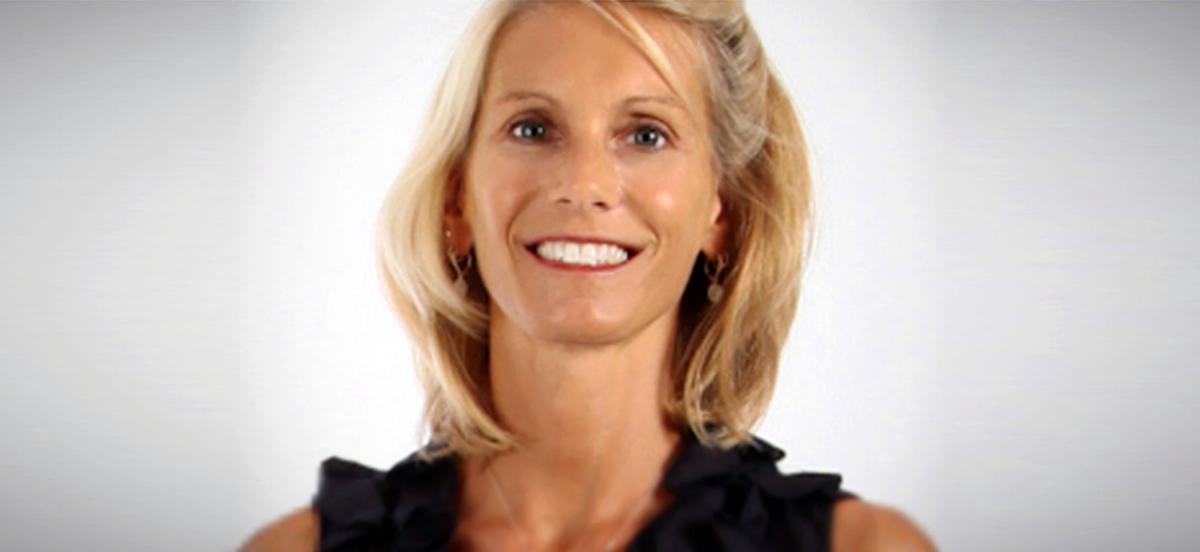Embracing the Power of Quiet

Former high school history teacher Heidi Kasevich ’87 is transforming classrooms to raise up a generation of introverted leaders.
Details
Self-described introvert Heidi Kasevich ’87 founded the Quiet Education program to empower quieter voices in classrooms often dominated by those who are most inclined to speak.
Each semester in the New York City classrooms where she taught for 25 years, high school history teacher Heidi Kasevich ’87 would deliver a message aimed at the introverted kids she knew were sitting in front of her—the ones who over the course of a year would rarely speak up or raise their hands.
“I told them my own story of how I was a quiet student, and how painful it was that no teacher fried to help me,” she says. “I invited those quiet kids to meet with me and talk. I worked on drawing them out, building their confidence, and helping them see their strengths.
“It was always my secret goal to reach those kids.”
Today Kasevich is working at her passion full-time. She’s the new director of Quiet Education, a program she launched for Quiet Revolution, a group co-founded by best-selling author Susan Cain, who wrote Quiet: The Power of Introverts in a World That Can’t Stop Talking.
“Schools can be noisy places with bright lights, no walls, and forced collaboration, and that can be really taxing for an introvert,” says Kasevich, who conducts workshops for educators and students from kindergarten through college. “It’s my objective to educate educators about how to be more ‘quiet friendly’ in classrooms, and empower introverts to understand and embrace their strengths. That’s especially important in a culture that’s often dominated by extroverts. I’d like to help raise a new generation of leaders who are introverts.”
Haverford was ideal for Kasevich, a self-described introvert who struggled throughout high school and college to speak up in the classroom, “It’s a place where introverts can thrive, and where people who are deeply committed to intellectual pursuits are valued and honored.” She could shine through her writing and one-on-one conversations with professors, and she loved the silence of Quaker meetings, where there was time for reflection and no pressure to talk.
A French literature major, Kasevich pursued a Ph.D. at New York University, specializing in European history and French studies. In her second year at NYU, she had to teach a class. Initially she was terrified, but she was so passionate about sharing her knowledge of French that she literally found her voice, becoming animated and outgoing in a roomful of students.
She went on to a post-doctorate career teaching at independent schools in New York, including Dalton and Nightingale-Bamford, where she specialized in European and world history, and developed a girls leadership course called “Closing the Gap.” The program cultivates the traits of ambition, resilience, and courage, and helps prepare girls to become leaders. Kasevich still speaks nationwide about mentoring girls, and it was after a talk last year to educators that she was approached about launching the Quiet Schools initiative.
As the mother of an extrovert—daughter Emily Ferguson ’15—and as an introvert, son Jeremy, a University of Chicago senior, Kasevich is intimately aware and appreciative of both personality types. “We’re taking ‘quiet’ principals and along with my education background, we’re creating a whole new field, a ‘Quiet pedagogy,’ ” she says. “It’s about creating temperament-inclusive classroom cultures to honor strengths of introverts and extroverts, while drawing on the strengths of quiet leaders.”



